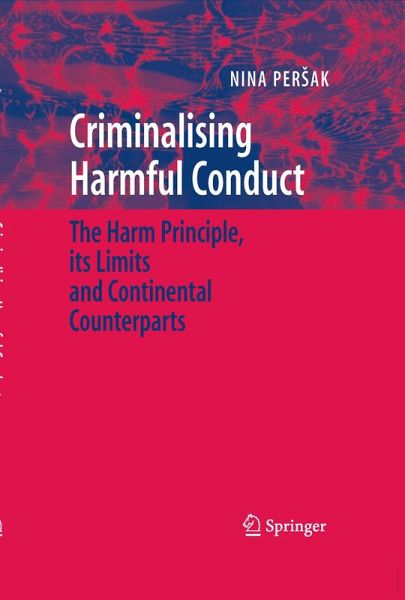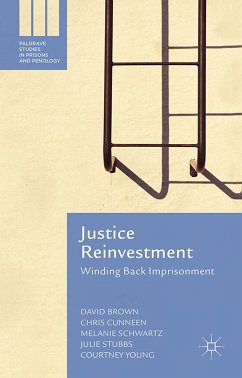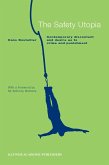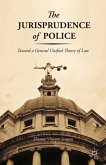What are the limits to criminalisation? Is insult harmful or just offensive? What is wrong with criminalising disrespect to state symbols? Should criminal codes be moral codes?
Criminalising Harmful Conduct addresses the issue of legitimate criminalisation in a modern liberal society. It argues that criminalisation, as one of the most intrusive state interventions into the autonomous sphere of the individual, should be limited by normative principles, defining the substance of what can be legitimately proscribed. In part, it is a comparative study between two major criminal legal systems (its theories), the Anglo-American, on one side, and the Continental criminal legal system of Germanic legal circle, on the other. Moreover, the book explores a model structure of the ideal criminalisation in respect of the principles and other criteria that should be followed to render the outcome justifiable. The model's central element is the Anglo-American principle called the 'harm principle', which is elaborated upon, its main elements (particularly 'harm') and functions analysed, and some controversial open questions tackled. Further limits on the harm principle are proposed. An in-depth analysis of four Continental legal concepts, which would on the face of it seem as counterparts to the harm principle, reveals that the overlap is not complete. The concept of 'legal good' shows the most potential and is thus examined in more detail. As it might be desirable to adopt the harm principle in the Continent, some practical ideas on how to achieve that are also mentioned.
Dieser Download kann aus rechtlichen Gründen nur mit Rechnungsadresse in A, B, BG, CY, CZ, D, DK, EW, E, FIN, F, GR, HR, H, IRL, I, LT, L, LR, M, NL, PL, P, R, S, SLO, SK ausgeliefert werden.









